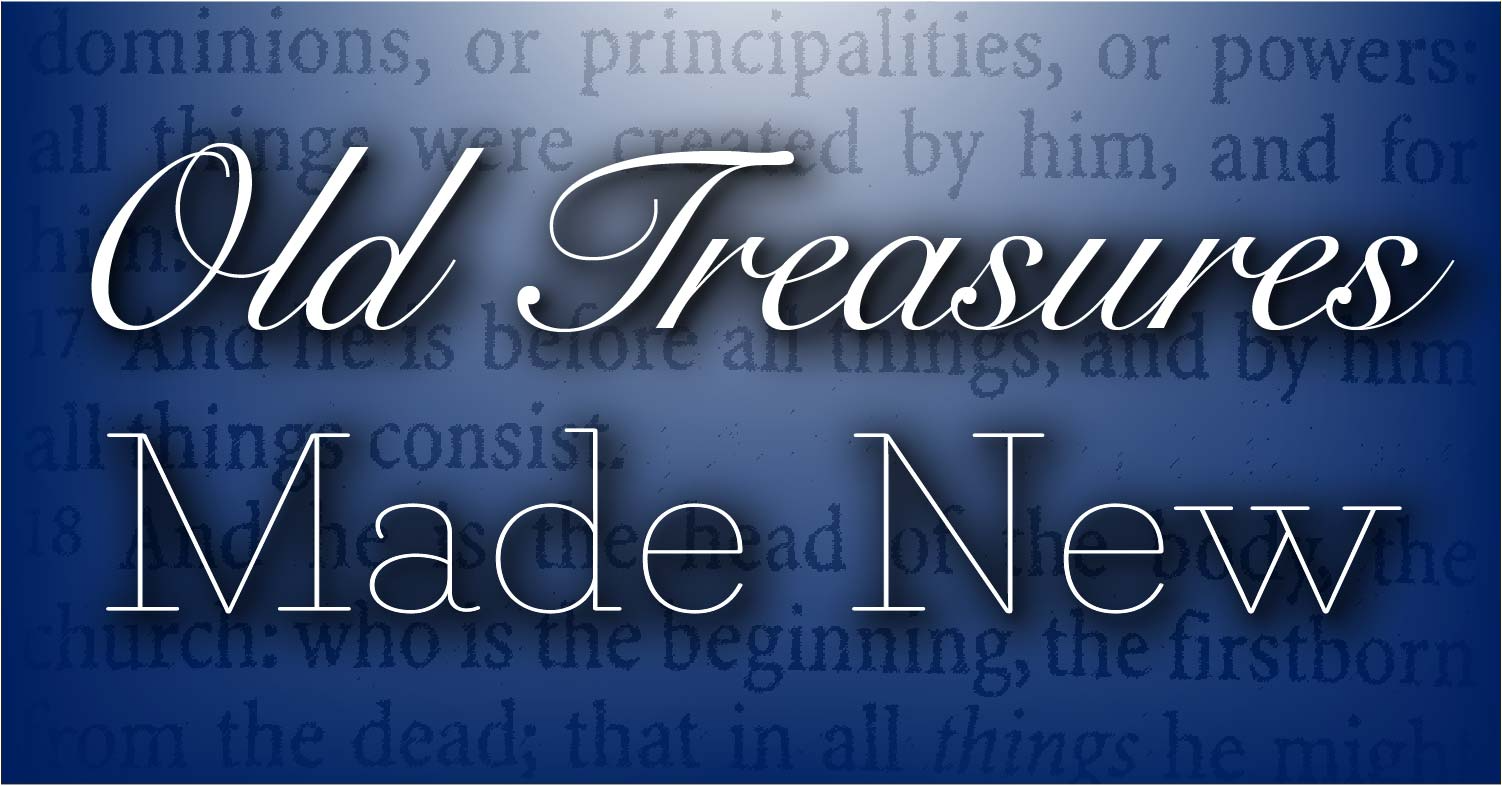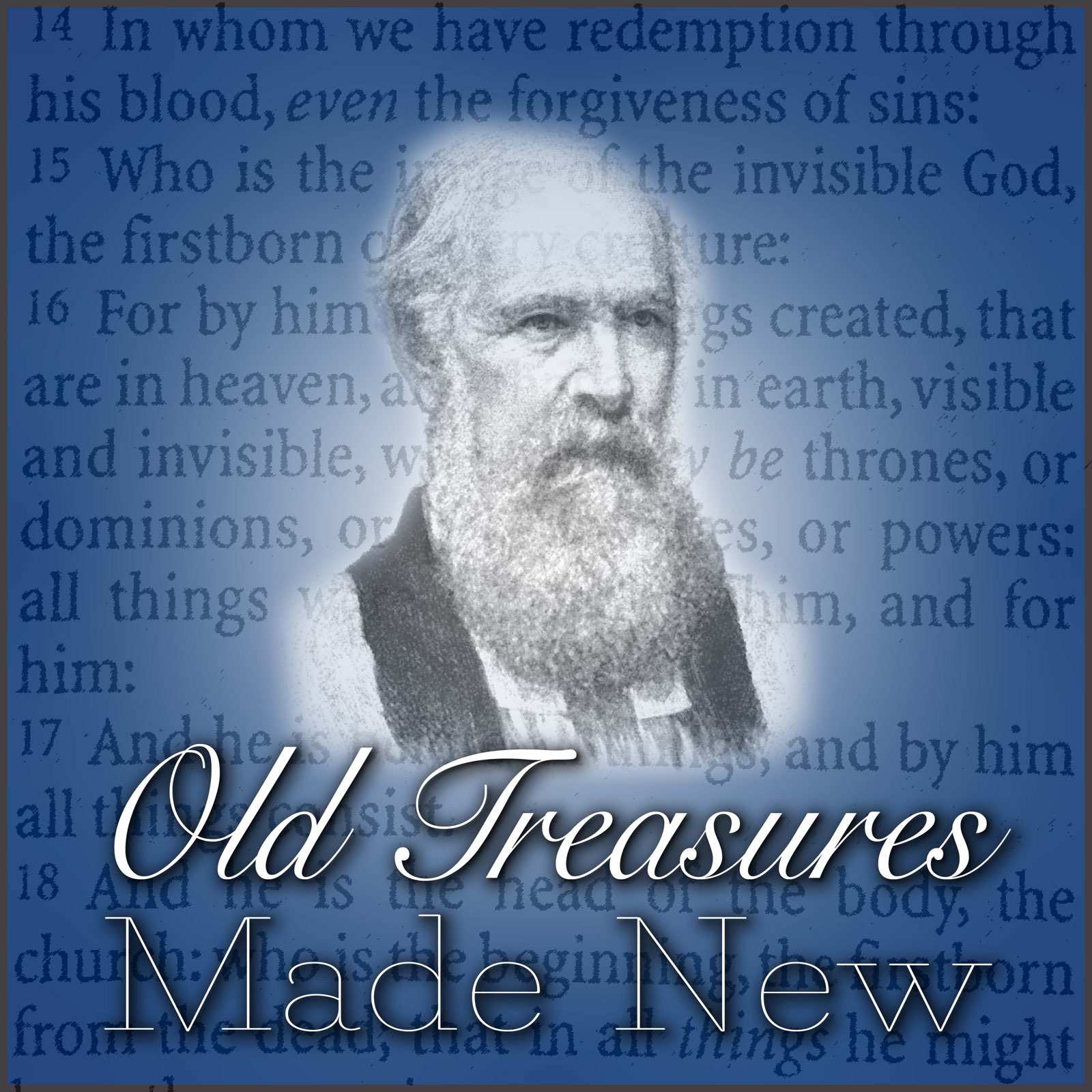Episode 184
Luke 2:8-20
Luke 2:8-20
- Let us mark who they were to whom the tidings first came that Christ was born.
- Let us mark the language used by the angel in announcing Christ's birth to the shepherds.
- Let us mark who they were that first praised God, when Christ was born.
- Let us mark the hymn of praise which the heavenly host sung in the hearing of the shepherds.
- Let us mark the prompt obedience to the heavenly vision displayed by the shepherds.
"The busy labor of the hands need not prevent a man being favored with special communion with God. Moses was keeping sheep, Gideon was threshing wheat, Elisha was ploughing, when they were each honored by direct calls and revelations from God. Let us resist the suggestion of Satan, that religion is not for the working man."
"If [the news the angels brought] was not "good tidings," there never were tidings that deserved the name."
"Our spiritual ignorance and deadness appear most painfully in our inability to enter into the joy which we see them here expressing. Surely if we hope to dwell with them forever in heaven, we ought to share something of their feelings while we are here upon earth. Let us seek a more deep sense of the sinfulness and misery of sin, and then we shall have a more deep sense of thankfulness for redemption."
"His power was seen in creation. His justice was seen in the flood. But His mercy remained to be fully revealed by the appearing and atonement of Jesus Christ."
"May our spirit be like theirs! May we ever believe implicitly, act promptly, and wait for nothing, when the path of duty is clear! So doing, we shall have a reward like that of the shepherds. The journey that is begun in faith, will generally end in praise."
Questions:
1. Do we tend to count the rich and successful as blessed by God, or do we believe, as James says, that God has chosen the poor in the world to be rich in faith?
2. I wonder, as I can be, if we are tempted to not consider the good news as good as the good news really is? Can we say with the angel that the gospel of Jesus Christ is good news filled with great joy?
3. What a helpful insight into the spiritual-mindedness of the angels! Ryle says, ‘our spiritual ignorance and deadness appear most painfully in our inability to enter into the joy which we see them here expressing.’ Would we seek a more deep sense of the sinfulness and misery of sin so that, by God’s grace, our hearts would have a deeper sense of thankfulness?
4. Does any of what Ryle says about “Glory to God in the highest, and on earth peace, good will towards men” strike your heart in any way? Can we enter experimentally with the language of heaven’s inhabitants?
5. Are we prompted to obey, like the Shepherds, when God’s will is clear before us?


